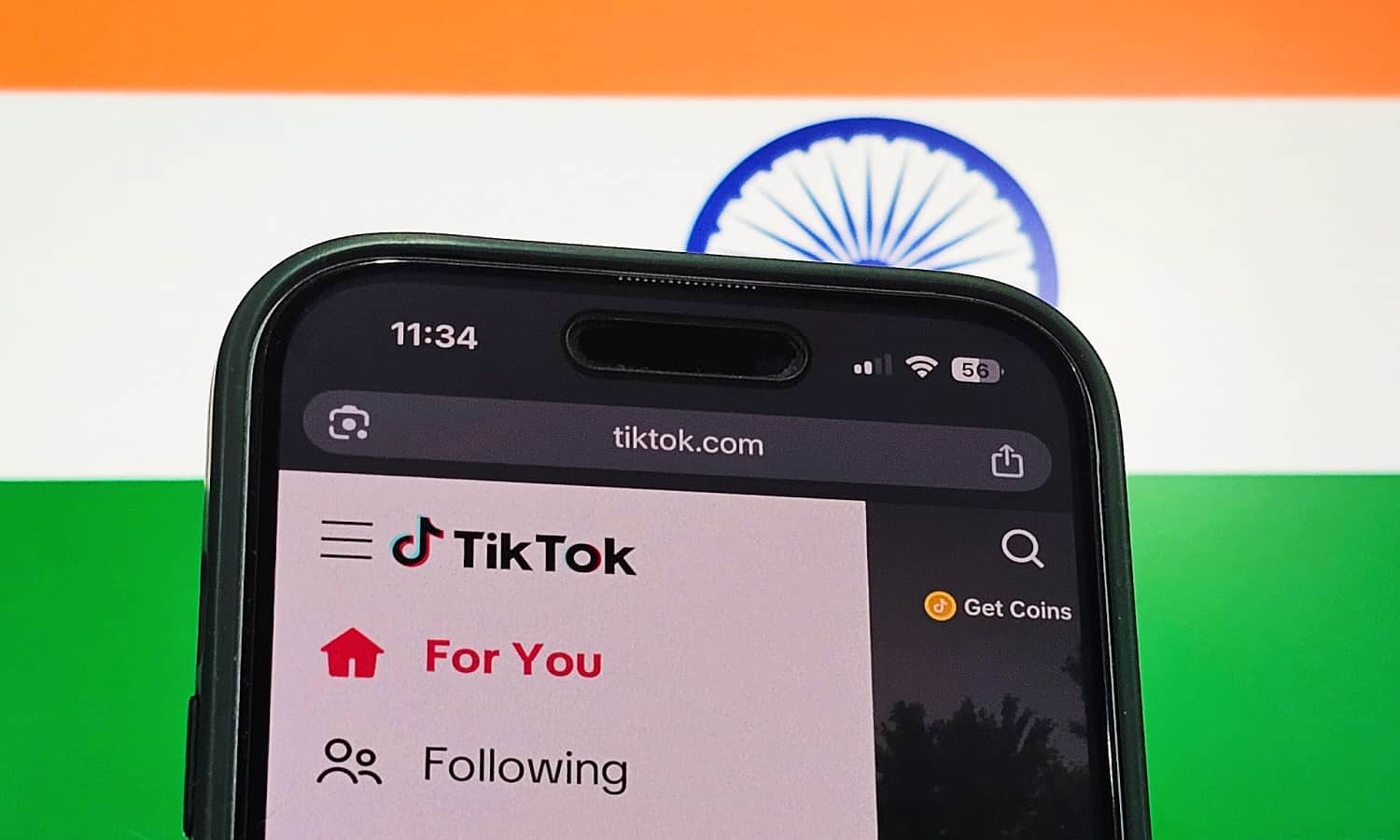Hamas’ posts on X, which is Elon Musk’s CMS, have raised a lot of concerns from the Global Internet Forum for Countering Terrorism, an initiative led by industry that fights cybercrime. The consortium includes such big tech companies as Facebook and Microsoft who are worried about their credibility with regards to this platform being continued and its position within the GIFCT board. X is reportedly one of the easiest places to find terrorist material including content from Hamas, which has even heightened worries around the same issue and its commitment to combating terrorism online about the consortium.
X’s accessibility to Hamas-related materials is behind these fears. Community Security Trust (CST), a charity organization that fights against extremism and anti-Semitism announced that within ten minutes only, its staff members were able to find propaganda clips of such terrorist groups as Hamas, Hezbollah and Palestinian Islamic Jihad as proscribed by the British government. This has made X one of the easy platforms for this kind of material disturbing a lot of people in the counter-terrorism community.
The reason behind the establishment of GIFCT in 2017 was due to mounting pressure from US and European governments and their desire to present a united front against the spread of extremist content on the internet. X, previously referred to as Twitter, was one of its founding members. Nevertheless, The Sunday Times reports that X is no longer able to meet its financial obligations hence straining its relationship with other members.
Naturally, concerns about X’s role in the GIFCT are heightened by ongoing developments on the platform. Following Musk’s takeover of Twitter and subsequent rebranding into X, substantial changes have been made regarding how it regulates content on it. To demonstrate his commitment to free speech, Musk has reinstated some banned extremist accounts giving everybody a chance to pay for verification marks and slimming down content moderation groups. These alterations have led some people to feel there is less ability at X to deal with or regulate extreme materials effectively.
The Sunday Times cited a report from GIFCT’s independent advisory committee, which noted an increasing uneasiness among stakeholders over the decline in online faithfulness and protection with a particular focus on X. The committee had “worries that keep mounting” about the recent cuts in certain platforms’ trust and safety resources, suggesting this would spoil broader efforts to moderate extremism online.
No response has come yet from either X Corp or the GIFCT to requests for comment on the matter. It is worth noting though that concerns by CST and GIFCT raise questions about how best free speech and curtailing dissemination of extremist views can be balanced especially on such influential platforms as X.
The ongoing controversy points out the critical part that social media platforms play in enabling or disabling efforts to counter online extremism. The pressure on these platforms to adopt more stringent content moderation policies is expected to increase even further as governments and civil society become stricter, particularly during times such as now when organizations like GIFCT are confronted with this kind of situation.



